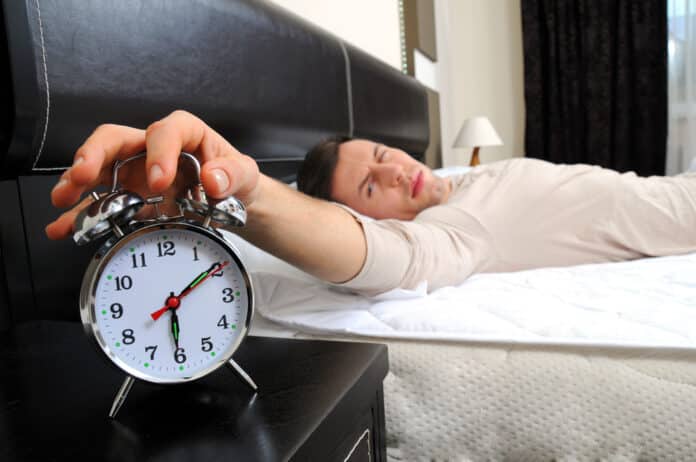
When it comes to sleep, there are two important things you need to consider: when you sleep and how long you sleep. This article examines the best time to sleep at night to ensure a full rest.
What Are the Best Sleeping Hours?
Ideally, you need sleep earlier and wake up in the early morning hours. This pattern matches your biological tendencies to adopt your sleep pattern with that of the sun. However, the exact time depends on when you wake up. It also depends on how much sleep you need per night.
How Does Your Circadian Rhythm Work?
Circadian rhythm describes your brain’s natural sleep-wake schedule. Naturally, you experience drops in alertness and increased wakefulness at specific times in 24 hours. In most cases, your sleepiest period falls between 1 p.m. and 3 p.m. and 2 a.m. and 4 a.m.
Circadian rhythm also determines your natural bedtime and morning wake-up schedules. Once you get familiar with going to bed and waking up at certain times, your brain adopts this schedule.
What Are the Side Effects of Getting Too Much Sleep?
While there are no specific side effects of getting enough sleep, researchers are looking into the consequences of getting too much sleep. Generally, you might be getting too much sleep if you need more than 8 to 9 hours of sleep regularly.
Sleeping too much can have the same side effects as sleeping too little. These include irritability, depression, and cardiovascular issues. However, these side effects might not always come from sleeping too much. Excess sleep might also be a sign of underlying conditions. Some possibilities include sleep apnea, heart disease, and Parkinson’s disease.
When Should You Go to Sleep?
The best time to sleep is when you can achieve the recommended rest hours for your age group. You can figure out your best bedtime by counting back 7 hours from the time you need to wake up. This is the recommended minimum per night for adults. For instance, if you must be up by 6 am, you must be asleep before 11 pm.
You must also figure out a sleep schedule you can stick to, even on weekends. This is because staying up late and sleeping in on weekends can affect productivity during the work week.
Conclusion
It’s important to get enough good quality sleep. You can do this by sleeping and waking up at the same time every day. Additionally, talk to your doctor if you have trouble sleeping at night.


















